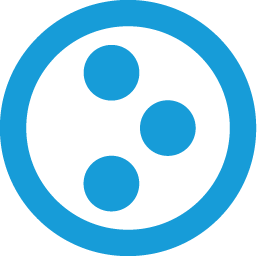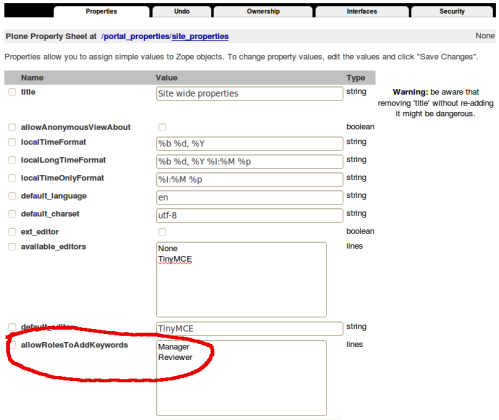Mirror, mirror on the wall, which is the best CMS of all? We may not have enchanted mirrors to tell us what the deal is, but Idealware has done nonprofits the favor of compiling an updated report that compares four major Content Management Systems and assesses their different strengths and weaknesses. The report, an update of the popular report that came out in 2009, takes into account the latest version of each of the tools. Even if you’re not with a nonprofit, this is likely one of the best sources of information comparing these tools!
IdealWare uses fourteen criteria to evaluate Drupal, WordPress, Joomla and Plone. Each system had its strengths and weaknesses but we were pleased to see that the CMS that we most often use, Plone, came out on top in a number of ways. The report noted that Plone was the CMS of choice for many major newspapers and large businesses. When measured against WordPress, Drupal and Joomla “Plone’s functionality is as strong, or stronger, than the other three systems in every area we reviewed except for one.” Go Plone! Below is a closer look at some of the strengths, and points of improvement for Plone
Security
One aspect of Plone that is operating very competitively is website security. The report found that Plone’s architecture made it difficult for security issues to present themselves through add-ons or themes. There are also generally few vulnerabilities and errors. Plone beats out the rest hands down.
Accessibility and SEO
Search Engine Optimization (SEO) determines how highly ranked your website is for specific keywords and Plone has several features built in that enhance how highly ranked a website is. Things like having an automatic header page and being prompted to use alt-tags on images is standard SEO practice that someone who’s not tech savvy could implement seamlessly. Plone also automatically populates metadata fields from the content of a page.
Ease of Use for Content Managers
While Plone can be used for complex websites, it excells as being easy to use in terms of the interface for managing the content. It is easy for anyone to keep their site updated with editing tools that are in the same place that you view the content, as opposed to a backend area. The report notes how intuitive Plone’s dashboard is, and how simple it is to perform cornerstone tasks in website management like adding pages and editing text. Plone was one of the stronger CMS in making it easy for users to achieve their daily tasks.
So what didn’t Plone do so great in?
Plone is a complex system built on a different architecture than the other systems compared (a main factor in why it is more secure!). As a result, it is a little more challenging to install and set-up without the expertise of consultants who know the system and tools. Even so, Plone has made huge improvements in the last two years to provide great ease of installation experience. While we are confident that tech-savvy self-starters can figure it out, ifPeople is also happy to do the heavy lifting when it comes to taming the technology for your use! Contact us if we can help you evaluate Plone for your website or sign up for one of our monthly Plone demos (free webinar). The ease, organization, and security your website will get will be well worth it.
 New Look: Plone4 has a new template included when it is installed that is sleek, minimalist, and functional. After nine years of using a staple design, Plone 4 uses a modern table-less formatting and simplified CSS.
New Look: Plone4 has a new template included when it is installed that is sleek, minimalist, and functional. After nine years of using a staple design, Plone 4 uses a modern table-less formatting and simplified CSS. The material covered in
The material covered in 

